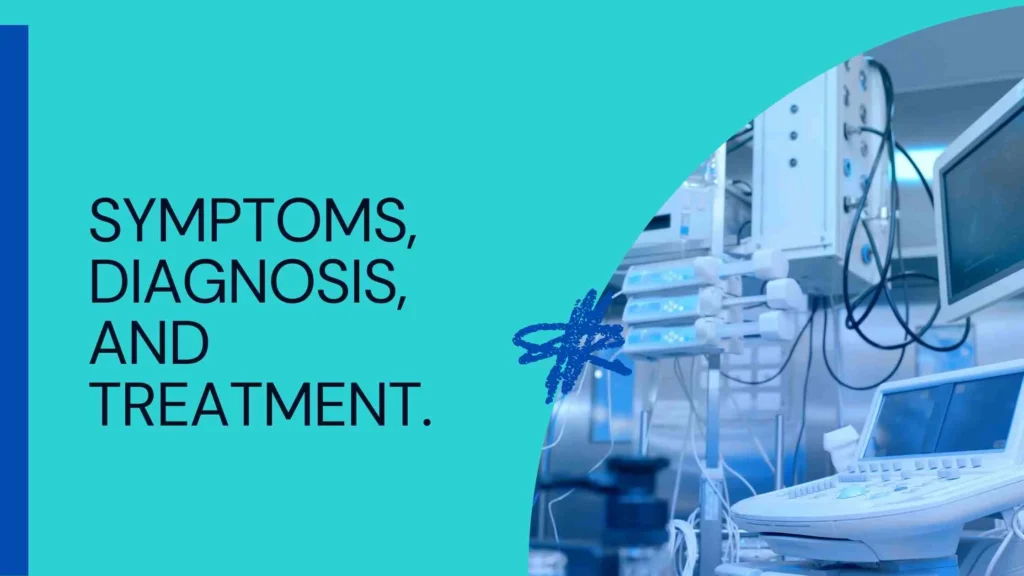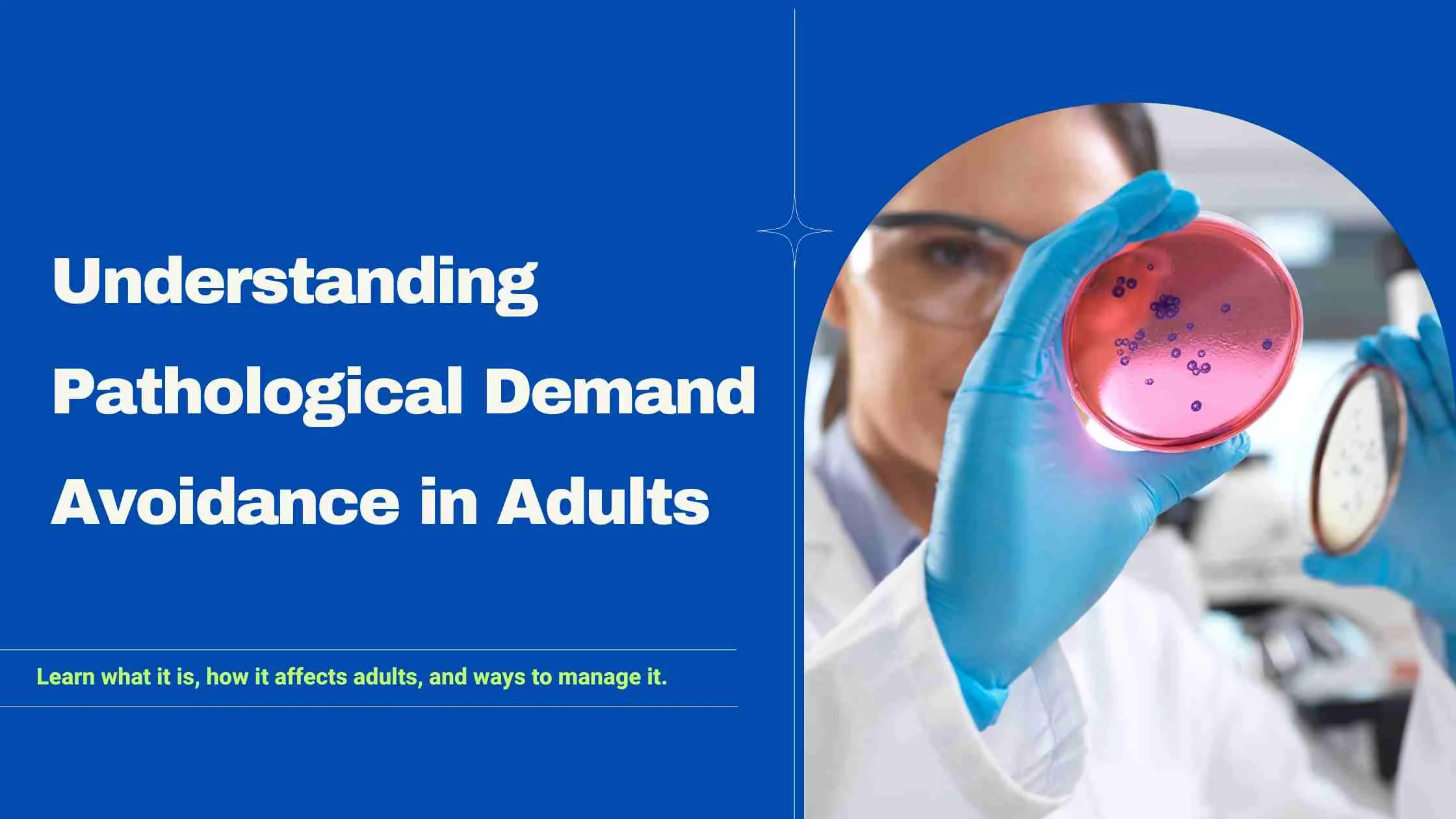Condition Pathological Demand Avoidance in adults indicates especially not liking what one is required to do by an individual. It goes beyond reluctance to do chores or tasks; it is about actively shying away from things other people expect you to. The simple requests can actually be very complicated to manage. Sometimes the demands of such people with PDA can be so severe that they will go out of their way to avoid them, which makes daily living hard. People should know that there is a sense of avoidance demanded in everyone sometimes but for PDA it’s almost like their life and can cause much trouble.
Quality of life for PDA is impacted by actions through various valuable processes like eating, sleeping and social or job expectations. It is necessary to find methods of coping and weaning oneself away from these demands. Those people who are suffering from PDA may want to know some ways of coping and how they can get help. Not only do they require proper identification and care, despite PDA not being listed as a separate condition in some medical books.
However, it isn’t always evident to clarify whether one seeks escape from achievement claims because of PDA or for some other reasons – e.g., very anxious behaviors could be considered shy avoidance too.
Discovery of Pathological Demand Avoidance in Adults
Pathological Demand Avoidance is a term created by a psychologist in the 1980s. It means really not liking being asked to do things. People with PDA resist everyday requests a lot. Avoiding demands is a big part of autism, but PDA isn’t only for autistic people. It’s like having a super strong dislike for being told what to do, even for simple things. People with PDA get stressed out very easily when they’re asked to do something. We don’t know a lot about PDA yet, like how common it is or why it happens.
Pathological demand avoidance in adults can be tough. Even simple requests can feel overwhelming. Trying to control the urge to avoid demands can be tiring and might make someone feel sad.
Pathological Demand Avoidance in Adults
Pathological Demand Avoidance in adults means really not liking to do things that people ask of them. It’s not just about finding some tasks difficult, but it’s more like feeling anxious or scared when someone expects them to do something. Even simple requests can feel overwhelming and make them panic. This constant avoidance can make it hard for them to cope with everyday life situations like work or socializing. People with PDA might need to use tricks to deal with these demands, and it’s important to know that avoiding demands is a big part of PDA, but not the only thing. It’s crucial to understand PDA properly and get the right help and support.
Recognizing Pathological Demand Avoidance in Adults
Identifying Pathological Demand Avoidance in adults means understanding what makes PDA different and noticing when someone avoids demands. People naturally avoid some demands, but in PDA, avoiding demands happens a lot, causing anxiety and panic. PDA can really affect daily life, like basic needs, work, friendships, and relationships. There are different ways people with PDA avoid demands, like getting distracted, making excuses, feeling unable to do things, pretending, delaying, negotiating, trying to control things, or hiding their difficulties.
It’s important to realize that some of the problems people with PDA face might be because of avoiding demands. Knowing this can help recognize and understand PDA traits in adults. Finding ways to cope, help oneself, and get support can make it easier to deal with avoiding demands and make daily life better.
Symptoms of Pathological Demand Avoidance in Adults

– Strong and ongoing resistance to requests or tasks
– Difficulty with basic needs like eating and sleeping being affected
– Trying to avoid usual responsibilities like going to school or work
– Completely avoiding things because of the expectation of responsibilities
– Quickly feeling stressed when faced with challenges
– Using different strategies to avoid responsibilities like getting distracted or making excuses
– Always trying to avoid regular tasks
– Often linked to autism spectrum disorder (ASD) in medical terms
– Mood swings and acting impulsively
– Finding comfort in pretending and playing different roles
– Slow development in language skills
– Getting fixated on certain behaviors
– Showing signs of awkwardness or clumsiness in movement or coordination
Self-Help Strategies for Adults with PDA
Here are some easy tips to help pathological demand avoidance in adults to cope better in daily life:
- PDA brains can get overwhelmed easily, so it’s crucial to take breaks and rest when needed. Sometimes, just taking a day off to relax can help reduce anxiety from demands.
- Adults with PDA use different strategies to avoid demands, like getting distracted, making excuses, or pretending. Discovering what works best for you can help handle demand avoidance better.
- Getting professional help can assist in managing anxiety and dealing with demand avoidance. Therapists may need to adjust their methods to accommodate demand avoidance tendencies.
- Learning techniques like Alexander Technique can help alleviate foot and back pain often associated with PDA.
- Certain activities can have a soothing effect for some adults with Pathological Demand Avoidance in Adults.
- Finding a supportive community where people understand your way of thinking and reacting can make you feel less alone.
- If you feel your anxiety building up, it’s okay to take a timeout to manage demand avoidance.
- When trying to influence someone with PDA, it’s important to be patient and open to different approaches.
- Learning from others’ experiences can help you feel understood and discover coping strategies that might work for you.
Treatment
There’s no specific medicine made just for pathological demand avoidance in adults. But doctors might give you some medicines to help with other things like feeling worried, sad, or having trouble focusing. One example is methylphenidate hydrochloride, which some people find helpful. But it’s important to know that PDA isn’t seen as a separate problem by doctors, and we don’t have a lot of proof that medicines work well for it.
Alternatives to medicine, Pathological Demand Avoidance in Adults can sometimes be named life hacks. Pausing when you have to, developing your coping resources, consulting the therapist because he or she may help and then trying Alexander Technique to get benefit from it can be beneficial. But a really useful activity is going out of home to play games that make people think they are found in reading other books about what they see . Getting connected with good friends who understand all these problems becomes very effective. You should discover what is best for you and find help to do so.




